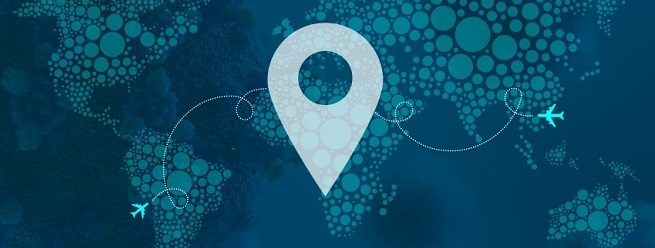
COVID-19 has generated an unprecedented crisis in multiple sectors of the economy, and in particular, in the tourism sector, where activity at the international level has been halted for months and is expected to remain highly restricted by social distancing measures and consumer mistrust in the near future. Tourist destinations need to know the evolution of demand from the different issuing markets in order to apply tourism promotion and connectivity strategies adapted to the new reality. In addition, they need to understand the evolution of the epidemic in these markets to assess the risk of local contagion with the entry of tourists from other countries.
This work develops a methodology to anticipate international tourist demand, distinguishing the issuing market. The starting point is the construction of a baseline scenario that predicts the demand that would have occurred in 2020 and 2021 had the epidemic not existed. This base-scenario demand is affected by the current situation with COVID-19 based on three effects: (i) the market reactivation date based on the epidemic for each origin-destination couple (based on an epidemiological model SIR); (ii) the reduction in income at origin and how this reduces the intention to travel (based on a panel data model); and (iii) the level of confidence to travel (using recent surveys on travel intention). This methodology has been applied to the case of Barbados.
As follows, there is an example of the application developed in this project:
Technical details
Participating entities: Inter-American Development Bank and University of Las Palmas de Gran Canaria.
Collaborating or sponsoring entities: Inter-American Development Bank
Webpage of the project: https://www.iadb.org/en/sustainable-tourism/international-tourism-demand-model-itdm
Time period: 2021 and 2022.
jjjjj
Researchers
Juan Luis Eugenio Martín
José Manuel Cazorla Artiles
Christian González Martel
hhhh
Documents of the Project
ññññ


